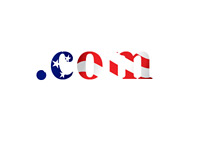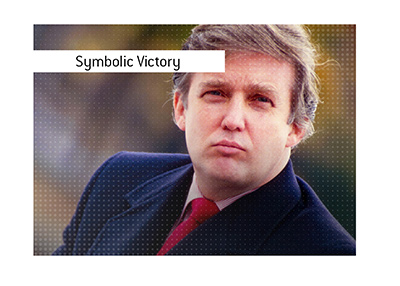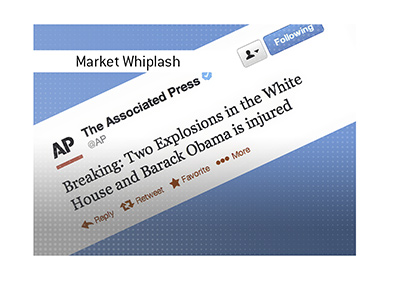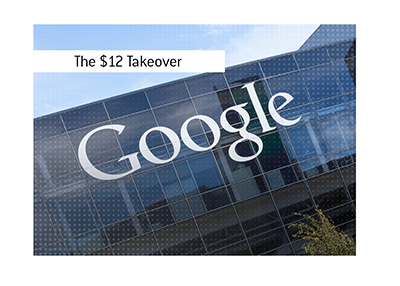United States Can Seize Any *.com or *.net Domain, Regardless of Where It Is Registered
 Did you know that the United States can seize any *.com, *.net or *.org domain in the world, even if the domain is being hosted by a foreign registrar?
Did you know that the United States can seize any *.com, *.net or *.org domain in the world, even if the domain is being hosted by a foreign registrar?Up until this past week, many people were under the impression that the United States could not seize a domain name if the domain was being hosted by a foreign registrar. This is not the case.
For instance, if you own a *.com domain and are hosting it with a company that is based in the United Kingdom, the United States has the power to easily seize the domain if they feel that the domain (and the site hosted on the domain) is breaking US law.
For instance - US authorities seized Bodog.com last week, even though the domain name was registered with a Canadian company. The United States has accused Bodog of offering an “illegal gambling business involving sports betting”. Bodog, which is an online gambling company that operates lawfully in many countries throughout the world (they are licensed and regulated in the United Kingdom, for instance), was seen by the US government as flouting US law, so US authorities moved to seize the domain.
How is the US able to seize domains such as Bodog.com, even though it was being hosted outside of the country? Verisign.
According to Wikipedia, Verisign “is an American company based in Reston, Virginia that operates a diverse array of network infrastructure, including two of the Internet’s thirteen root nameservers, the authoritative registry for the *.com, *.net and *.name generic top-level domains and the *.cc and *.tv country-code top-level domains, and the back-end systems for the *.jobs and *.edu top-level domains.”
Based in Reston, Virginia is the important part of this snippet - from a recent Wired.com article:
“Furthermore, it (United States) says it has the right to seize any *.com, *.net and *.org domain name because the companies that have the contracts to administer them are based on United States soil, according to Nicole Navas, an Immigration and Customs Enforcement spokeswoman.”
So, because Verisign is based on US soil, the US government has the power to seize any *.com or *.net domain that it wants (*.org domains are managed by the Public Interest Registry, which is also based in Virginia, meaning that *.org domains are also subject to seizure by the US government).
Foreign-based registrars don’t have to comply with US court orders, so the government will simply go straight to Verisign or the Public Interest Registry to seize a domain. These policies have ruffled the feathers of numerous countries throughout the world, who feel as though the United States has too much power over some very important domain extensions, such as *.com.
In the aftermath of the failed (so far) SOPA (Stop Online Piracy Act) and PIPA (Protect IP Act) bills, the United States government has continued to flex their muscle by taking down Megaupload.com and Bodog.com. The US government doesn’t need SOPA or PIPA to take down a site, and this has become very apparent over the past couple of months.
In order to escape the long arm of the United States, some companies have moved their sites to domain names that are outside of the sphere of influence of America, such as *.se or *.eu. Since these domain name extensions are administered by companies that are based outside of the United States, the US government doesn’t have the power to seize them.
--
What do you think - should the United States be able to use the fact that Verisign is hosted on home soil to seize domain names, or do you agree with countries like Russia who believe that the US is overstepping their bounds?
Filed under: General Knowledge



